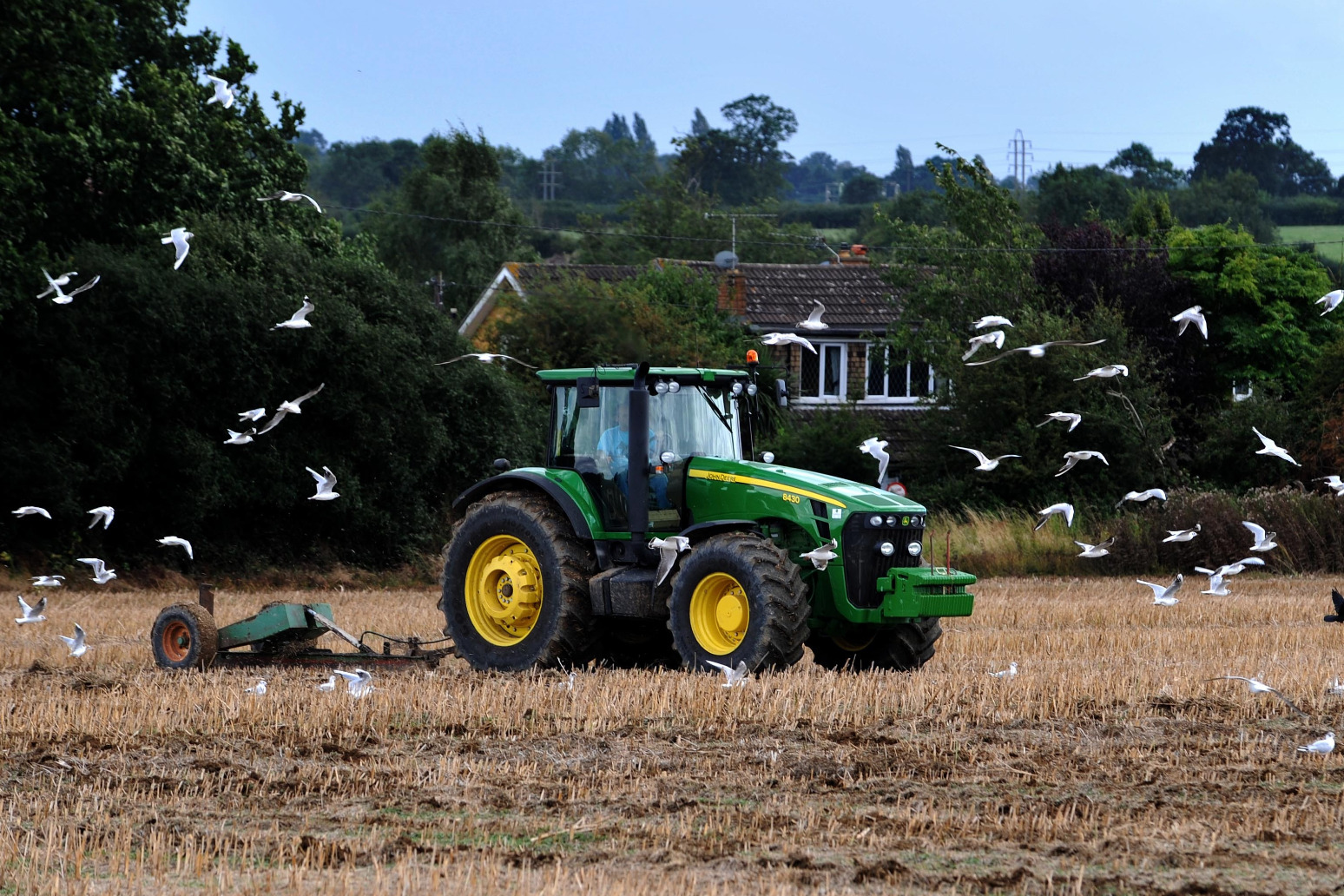
Groups sign agreement to spearhead new centre for Scotland’s farming future
A letter of intent has been signed to develop the Centre for Agricultural Sustainable Innovation
A distillery, a research centre and a council are among a group of public bodies and businesses that will form part of a new, government-funded centre promoting innovation and sustainability in the farming sector.
Angus Council and research organisation the James Hutton Institute signed a letter of intent with potato business Agrico UK, Arbikie Distilling and farming advice company SoilEssentials Ltd to develop the Centre for Agricultural Sustainable Innovation (Casi).
The new centre falls under the Angus Council’s Mercury Programme – a £1 billion partnership project between government, public, private and community sectors looking to increase productivity “through clean growth and protecting places for future generations to live, work and visit”.
The Casi, with its headquarters based in Angus, Forfar, will develop four agricultural technology enterprises focusing on crop quality, precision agriculture – a method used to increase the profitability of agriculture production – and the development of a neutral spirit still.
The new centre will receive funding from the UK Government’s £26.5 million Angus Fund which is part of the Tay Cities Region Deal – a £700 million regional investment programme jointly funded by the UK and Scottish governments and regional partners.
Angus Council leader, Councillor David Fairweather, said: “The Casi provides the knowledge, practices, technology and opportunities where farmers can play an important role in tackling climate change and protect the environment for the future, as new and innovative approaches to food and drink are developed and financial resources become available to support this growth.”
SoilEssentials managing director Jim Wilson, said the new centre and government investments will “further strengthen” Angus’s position in agricultural innovation, create jobs and bring new opportunities for the region’s rural sector.
He said: “The Mercury programme will help us take the next step in precision agriculture by pulling new innovations into Angus from around the world and help us market tools and knowledge, developed in Angus, to a worldwide audience.
“Precision agriculture can help meet the challenges of labour availability, technical skill development, soil health, carbon sequestration and the environmental needs of the 21st century.
“Global leaders in agri-tech who produce novel technologies including autonomous vehicles, artificial intelligence and machine vision are eager to trial and develop their products in Angus.”
Agrico executive director Archie Gibson said Casi, which has been described as the first of its kind in the UK, will bring innovation to the tuber and seed industry in Scotland.
He said the new centre will be open to all potato growers whether growing table potatoes, or certified seed for export or the home market.
Arbikie director, John Stirling, who claims to run the world’s first distillery with a circular economy, said he is delighted to be a collaboration partner in the Casi.
He said the company will encourage farms to diversify into alternative, more environmentally sustainable crops such as peas and beans which the distillery can turn into neutral spirit which can then be used in the production of gin and vodka and certain foods.
“Sustainable products are undoubtedly the future,” he said, “and they will be a major economic driving force in the years to come across the world.”
Soil ecologist Dr Roy Neilson from The James Hutton Institute, stressed the importance of the agricultural sector supporting sustainable, healthy, and diverse diets in the future, adding “this will require increased agricultural productivity based on production systems that minimise environmental impact and are resilient to the impacts of climate change.”
He added: “The Casi will place Angus at the forefront of agricultural innovation to deliver sustainable, high-quality nutritious food supporting local communities.”
UK Government Minister for Scotland Iain Stewart said: “Agricultural innovation is important not just to Angus but the future of the whole planet.
“The UK Government is also investing £45 million through the Tay Cities Deal in projects at the James Hutton Institute which will complement our support for Casi.
“Across Scotland we are providing more than £1.7 billion for regional projects to level up communities and build back better from the pandemic.”
Published: by Radio NewsHub